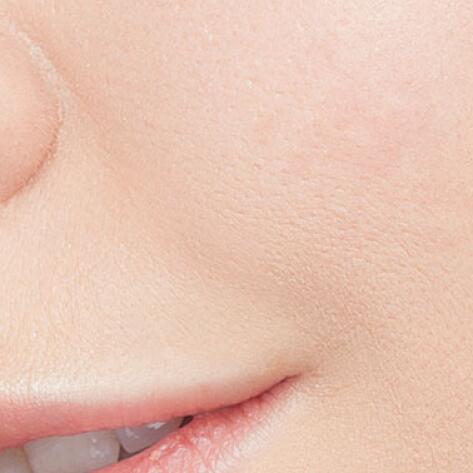Whatever your skin type, certain factors can trigger or worsen over-sensitivity in your skin: this is when your skin reacts strongly to a substance that it shouldn't react to.
Natural sensitive skin: your skin is fine, fair, and often slightly dry; it peels on the surface, it blushes easily (perhaps the beginning of rosacea).
Reactive sensitive skin: the cold, the sun, the wind, unsuitable skincare products, and toiletries “ trouble ” your skin. Peels and laser therapy can cause your skin to react strongly.
Occasional sensitive skin: a skin condition, all of which can make your skin more sensitive.

